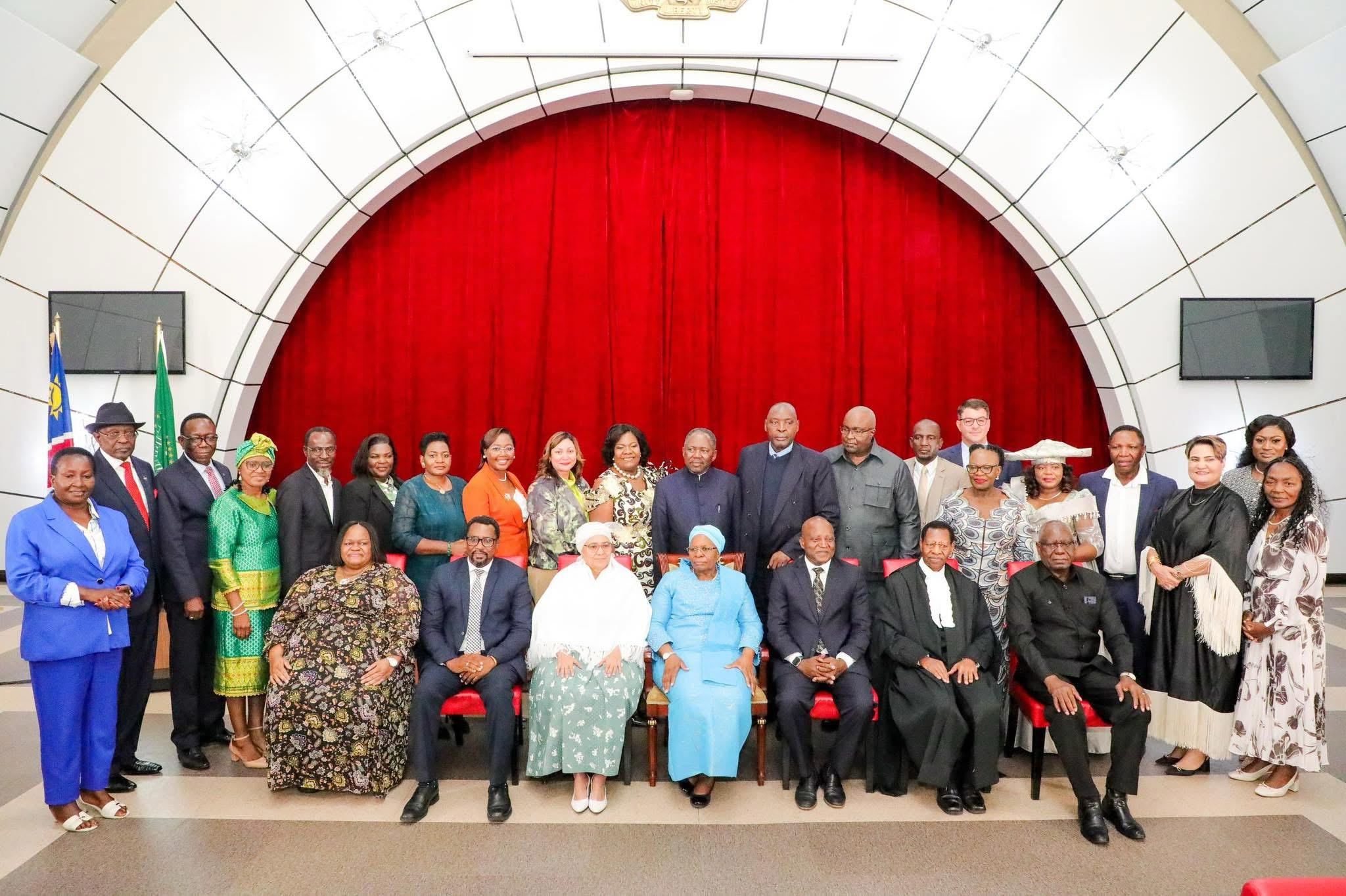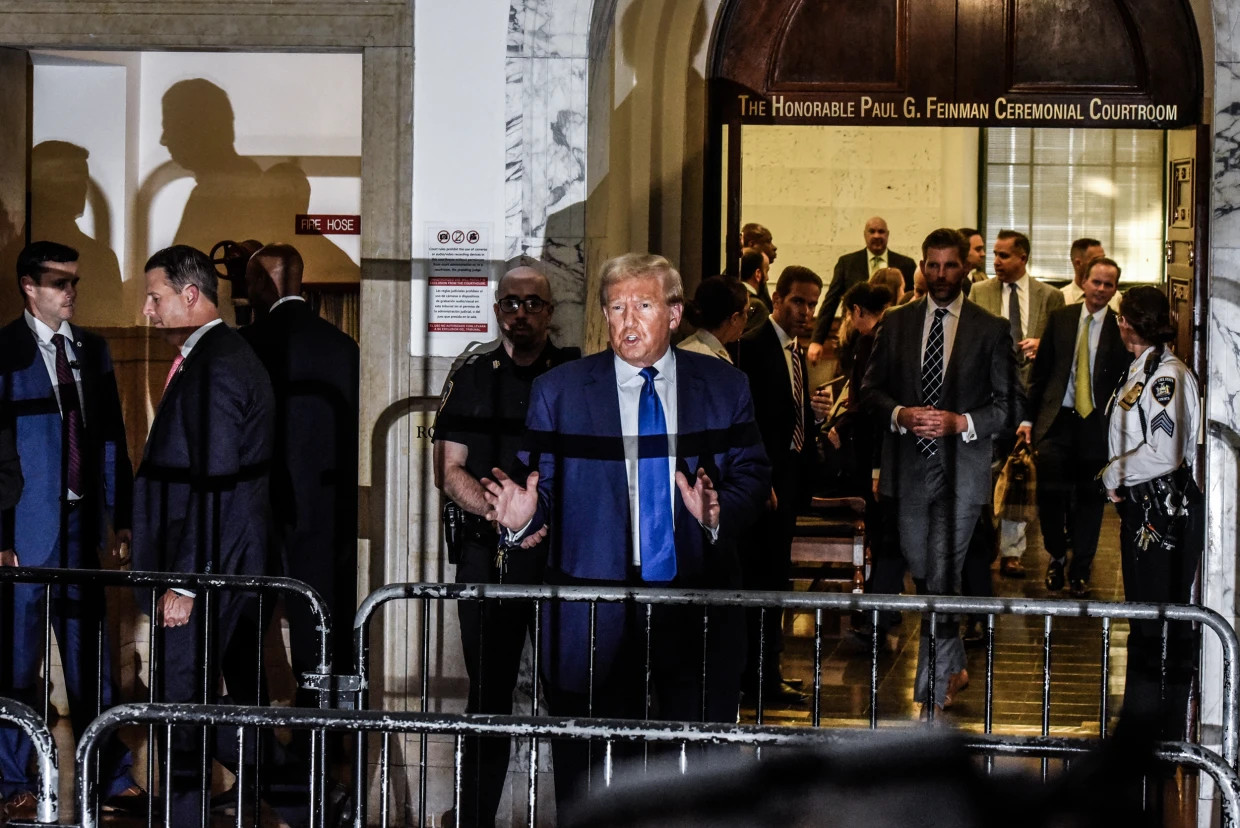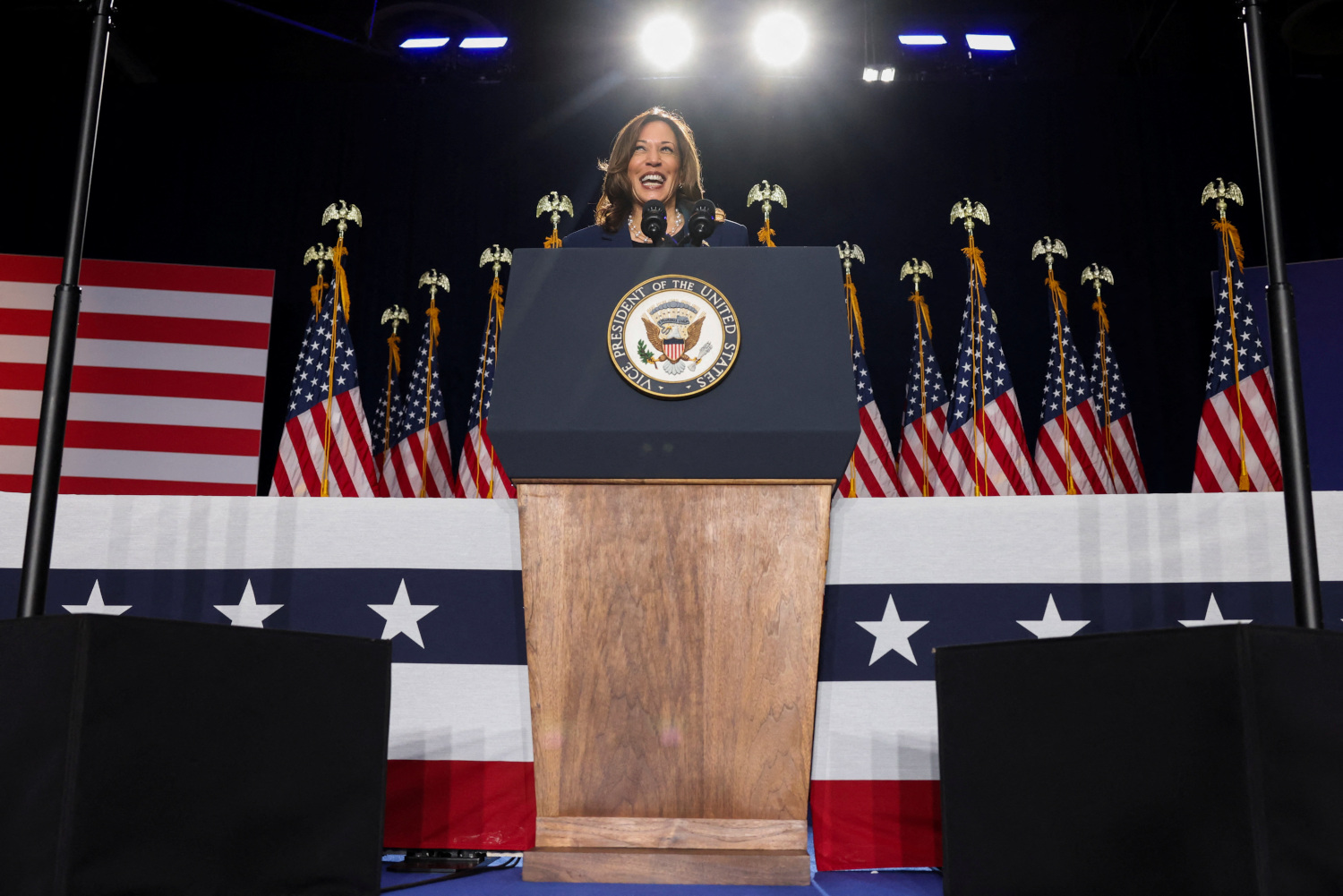US Aid Cuts Threaten HIV Treatment Access for Vulnerable Communities
Budget cuts to US foreign aid programs now jeopardize HIV treatment access for thousands of sex workers across South Africa. The closure of USAID-funded private clinics has left HIV-positive individuals without reliable sources for life-saving antiretroviral medications.
USAID previously operated specialized clinics that served high-risk populations, including sex workers who faced barriers accessing traditional healthcare facilities. These clinics provided confidential HIV testing, treatment, and prescription services specifically tailored to marginalized communities.
The United States invested billions in global HIV/AIDS programs over two decades through initiatives like PEPFAR (President’s Emergency Plan for AIDS Relief). This funding helped reduce HIV transmission rates by 60% in targeted African countries between 2004 and 2020.
However, recent federal budget constraints have forced the closure of numerous overseas health programs. South African health advocates report that former clinic patients now struggle to maintain consistent medication schedules. Treatment interruptions can lead to drug resistance and increased viral loads.
The funding cuts affect broader HIV prevention efforts across sub-Saharan Africa, where 67% of global HIV cases occur. Without sustained international support, health experts warn that decades of progress against the epidemic could reverse.
Local organizations are attempting to fill service gaps, but lack the resources to fully replace US-funded programs. The situation highlights ongoing tensions between domestic budget priorities and international health commitments.



![Tom Homan, President-elect Donald Trump's appointee for '''''''''''''''''''''''''''''''border czar', speaks before a visit by Trump during the AmericaFest 2024 conference sponsored by conservative group Turning Point USA in Phoenix, Arizona, December 22, 2024 [Cheney Orr/Reuters]](https://esbecgroup.com/wp-content/uploads/2025/01/Trump-admin-to-launch-immigration-raids-on-day-one-amid-deportation-push.jpg)






